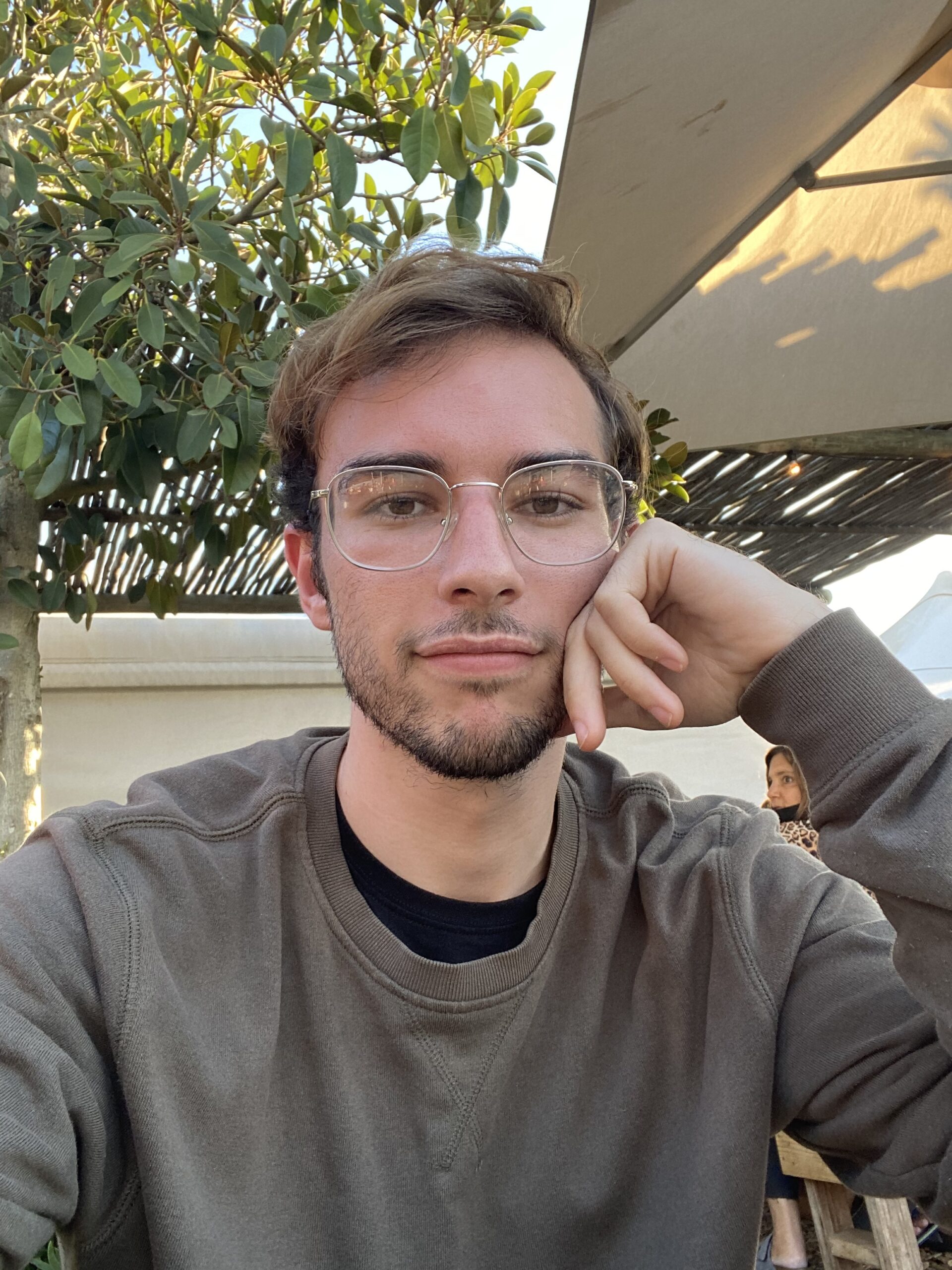PAUL JOUBERT
Many people have remarked on how the discourse around “transformation” (which itself has become more of a meaningless buzzword) can be rather toxic, specifically the dialogue between those who advocate for it and those who oppose it. I’m going to try to identify why this is so, but I have to disclaim that I am, of course —as everyone is — biased. However, I’ll try to be fair.
I have noticed, though I am not the first, that a tendency exists to insist on “rationality” and “unemotionality” in particular when discussing touchy topics. I could argue that those who believe they are being rational are deluded by the comfort of holding an opinion that is compatible with the dominant ideology, but it is much more straightforward to point out that it is unfair to expect of people who have been personally affected by oppressive structures to maintain their composure in the face of extreme injustice.
Another tendency is an unwillingness to engage at all. Of course, no one should be forced into a conversation that they are not comfortable to participate in, but student leaders and activists have to know that it is part of their (our) job descriptions. Still, however, we see events being held that present their premise as a forgone conclusion (e.g., the SRC event at Dagbreek that presented “#MenAreTrash is sexist against men” as fact — which I won’t unpack now).
I am aware of the need and I advocate for events that provide a safe space for sharing experiences without fear of being judged for, or having to justify those experiences. However, no progress will ever bemade if we never venture outside our echo-bubbles. I think that, especially at an academic institution, we need less arrogance and more humility about what we know and what we think we know — we are all, after all, always learning.
Yet, some people insist on denouncing others’ arguments as “identity politics” or even “post-modern neo-Marxist conspiracies”, all the while not understanding the contents of those arguments. The misunderstanding of concepts such as Intersectionality, Privilege, Oppression, or even just Racism culminates in an atmosphere that can only be described as a rehashing of the Swart and Rooigevaar rhetoric of Apartheid.
What I find useful is to find points of agreement — any shared values or interpretations can be used as a point of departure from where actual disagreements can be ascertained. This is necessary, because I’ve found that we often have intense arguments about things we actually agree on. For example,it would definitely be bad if peo-ple were using Intersectionality asan excuse to use their oppression to silence the voices of others or reap some material reward.
But this is not what Intersectionality is or what it should be used for, and getting rid of the concept entirely is throwing the baby out with the bathwater. (I could go on for everyon of the aforementioned concepts: postmodernism, Marxism, Racism, Oppression, Victimhood…)
Admittedly, there are two problems with this approach. Encouraging listening and dialogue is only ever useful if both parties are engaging in good faith. This is difficult to ascertain or draw a clear line, but I think we can safely agree that Fascists and Nazis should not be allowed to spread their rhetoric. The second problem is that there are indeed some values that we disagree on.
For example, progressives value human psychology (we have unconscious beliefs that are incredibly hard to get rid of), horizontalism (we have to get rid of all unjustified power structures), and systemic analysis (you can’t be held accountable for something you don’t have control over).
Conservatives (or those that want to “conserve” social values) value tradition (this is how it’s been done and it has worked untilnow) and individual responsibility (don’t try to blame others for your problems). Trying to bridge this divide will always be a project of compromise.
So I guess my call is for understanding and humility. Instead of accusing people of being demagogues and ideologues, we should recognise that everyone has an ideology they speak from, and that this ideology has been built up through their entire life. With this in mind, I think it would be easi- er to listen to what people haveto say, instead of treating them inbad faith. But then again, we have to also recognise that emotion and anger are valid reactions to injustice, and there are some people whose ideas have already been debunked in the previous century.
*Paul is the founding contributor to iLizwi.co.za, host of the upcoming PRAXIS podcast (praxis.tk) and vice- chair of QueerUS.



